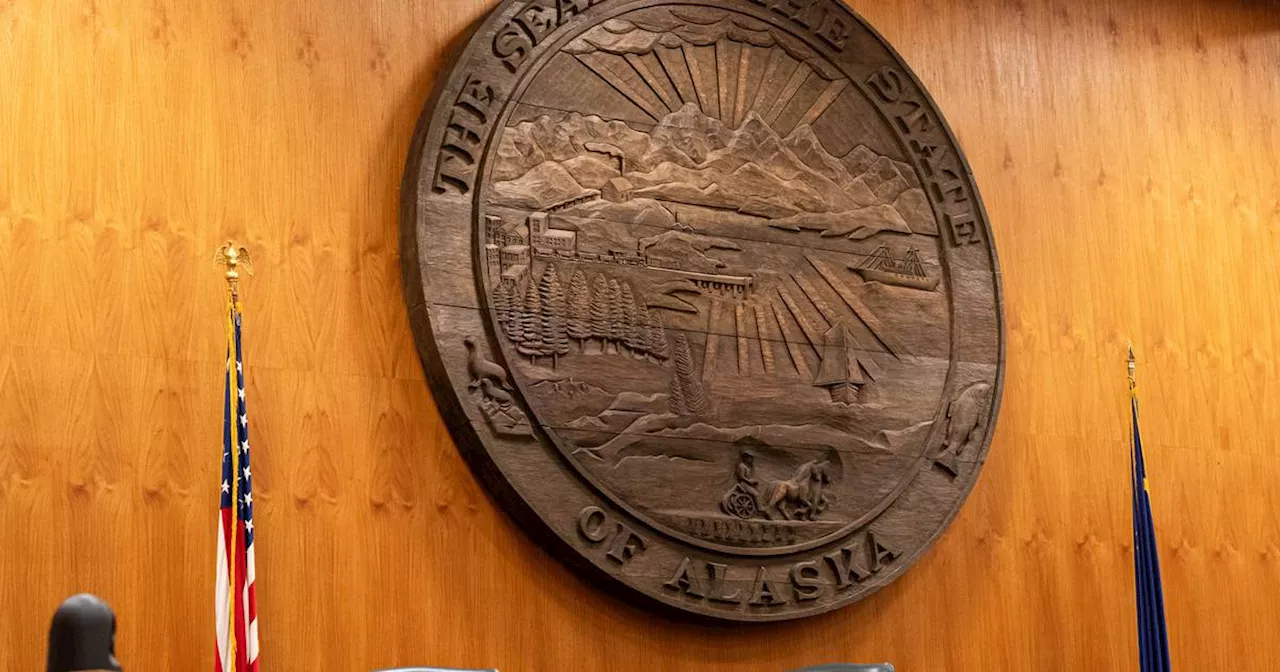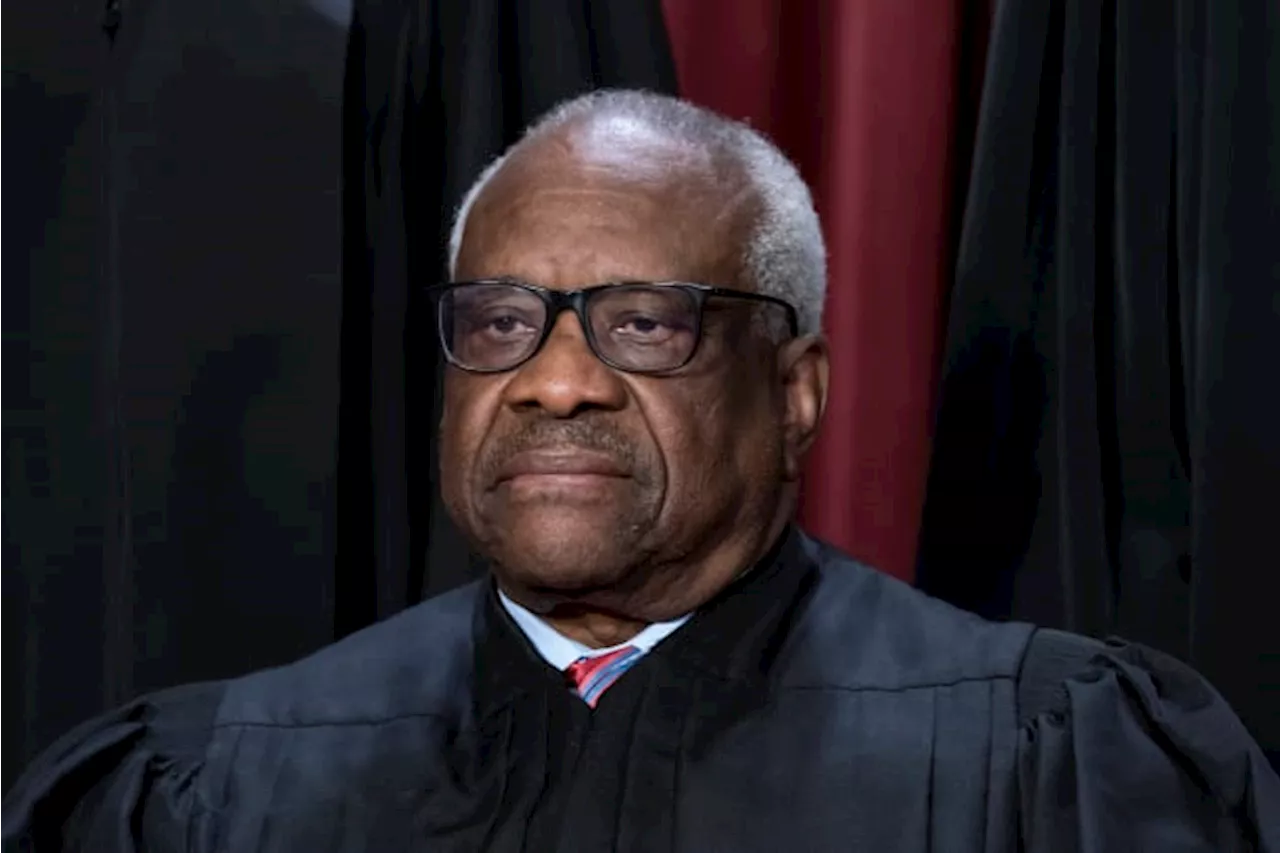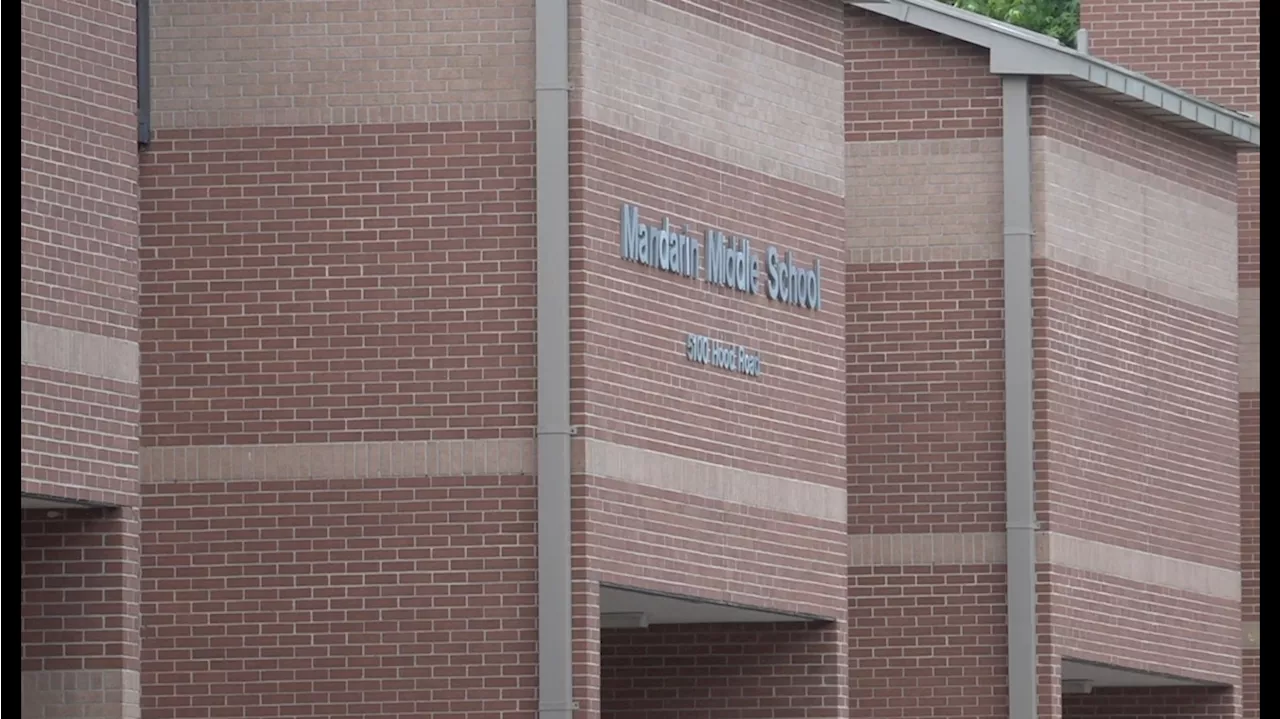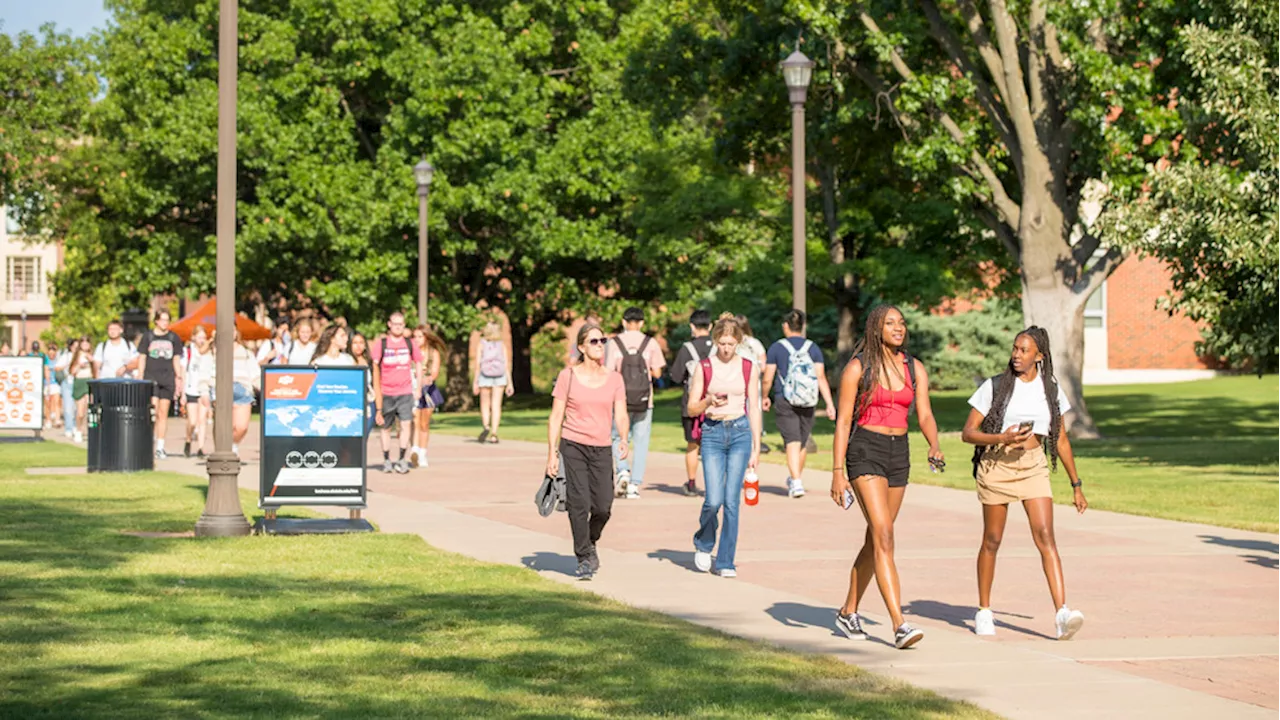A new survey from WalletHub breaks down which states show the most racial progress. WCNC Charlotte's Kia Murray takes a deeper look into the information.
lawsuits in the decades since have chipped away at Brown v. Board, leaving fewer and fewer tools in the hands of districts to integrate schools effectively.WASHINGTON — Seventy years ago this week, the U.S. Supreme Court ruled separating children in schools by race was unconstitutional. On paper, that decision — the fabled But for decades, American schools have been re-segregating.
It took further court rulings, monitoring and enforcement to bring a short-lived era of integration to hundreds of school districts. For the students who took part in those desegregation programs, their life trajectory changed — the more years spent in integrated schools, the better Black children fared on measures like educational attainment, graduation rates, health, and earning potential, with no adverse effects on white children.
“If you have the tools taken away from you ... by the Supreme Court, then you really don’t have a whole lot of tools,” said Stephan Blanford, a former Seattle Public Schools board member.The arc of history is clear in the city where the landmark Swann busing case originated. Instead, the district created a school assignment process that said diversity"will be based on the family’s decisions.” It left the families of Mecklenburg County, some of whom have always had better choices than others, on their own. In the first year of the district’s choice program, Black families were more likely to try to use the choice plan to pick an alternative school. They were also more likely to get none of the magnet schools they wanted.
Wherever you look, families are divided in how they view integration. For white and affluent families, it can exist as a noble idea, one filled with self-reflection. But for families of color or poor families — those with less of a safety net — the point of integration often is to place their children somewhere better.
More recent lawsuits have taken place in New Jersey and in Minnesota. In 2015, Alex Cruz-Guzman became a plaintiff in a lawsuit challenging segregation in Minneapolis and St. Paul public schools. Cruz-Guzman immigrated to the United States from Mexico as a teenager. As a parent, he noticed his children's schools consisted almost entirely of other Latino students. When he tried to place them in more integrated schools, the family faced long waitlists.
United States Latest News, United States Headlines
Similar News:You can also read news stories similar to this one that we have collected from other news sources.
 West Virginia taps Supreme Court over transgender middle school athlete disputeWest Virginia announced it will ask the Supreme Court to step in after an appeals court found its law violated the rights of a transgender runner.
West Virginia taps Supreme Court over transgender middle school athlete disputeWest Virginia announced it will ask the Supreme Court to step in after an appeals court found its law violated the rights of a transgender runner.
Read more »
 Alaska Supreme Court proposes expedited consideration of correspondence school disputeThe House and Senate are advancing competing bills to ensure correspondence schools can continue to operate amid the legal challenge.
Alaska Supreme Court proposes expedited consideration of correspondence school disputeThe House and Senate are advancing competing bills to ensure correspondence schools can continue to operate amid the legal challenge.
Read more »
 Justice Thomas misses Supreme Court session Monday with no explanationSupreme Court Justice Clarence Thomas is absent from the court Monday with no explanation.
Justice Thomas misses Supreme Court session Monday with no explanationSupreme Court Justice Clarence Thomas is absent from the court Monday with no explanation.
Read more »
 Justice Thomas misses Supreme Court session Monday with no explanationSupreme Court Justice Clarence Thomas is absent from the court Monday with no explanation.
Justice Thomas misses Supreme Court session Monday with no explanationSupreme Court Justice Clarence Thomas is absent from the court Monday with no explanation.
Read more »
 Mandarin Middle School school police officer arrested for battery at schoolDuring an investigation, Jacksonville Sheriff T.K. Waters said JSO told Dollar General stores to warn their employees about the string of armed robberies.
Mandarin Middle School school police officer arrested for battery at schoolDuring an investigation, Jacksonville Sheriff T.K. Waters said JSO told Dollar General stores to warn their employees about the string of armed robberies.
Read more »
 Jobs, debt and financial literacy: WalletHub surveys college students about concernsSchools aren't doing a good enough job teaching financial literacy, WalletHub Founder and CEO Odysseas Papadimitriou said Wednesday.
Jobs, debt and financial literacy: WalletHub surveys college students about concernsSchools aren't doing a good enough job teaching financial literacy, WalletHub Founder and CEO Odysseas Papadimitriou said Wednesday.
Read more »
